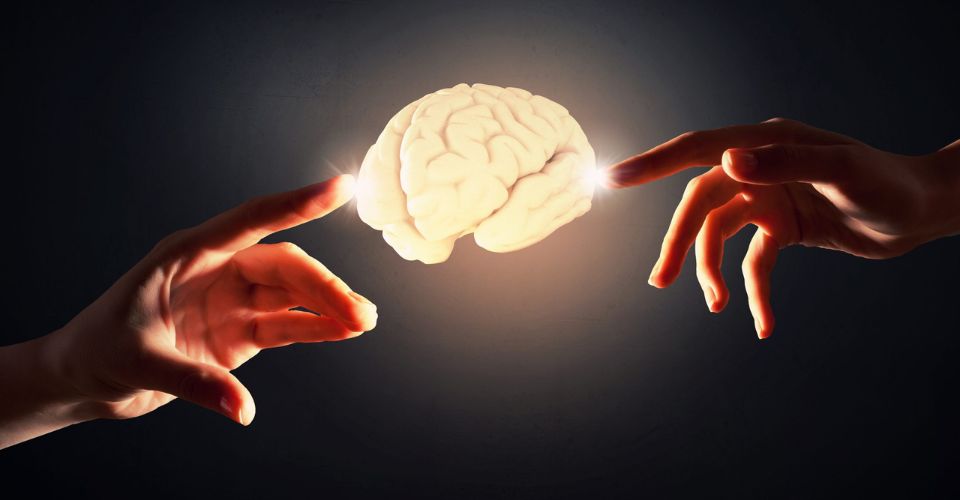For people with autistic adults, social interactions can be complicated. A recent article in Social Neuroscience has provided amazing insights into how adults with autism are different from neurotypical persons in respect to social interaction. The research reveals that during social imitation tasks, autistic adults tend to follow rather than lead, a trend that manifests as specific patterns of brain activity.
Understanding Autism: Diversity of Experiences
Autism is a neurodevelopmental condition which affects the way individuals perceive and interact with the world. The problems associated with autism are very diverse especially in terms of social communication. Some cannot understand nonverbal communication, engage in conversation or read emotions while some may be particularly good at things like pattern recognition, attention to detail and logical thinking.
Traditional studies on autism often involve examining individuals alone or when shown artificial stimuli such as videos or pictures. These investigations provided useful knowledge but may not capture fully how people with autism behave under real-life circumstances.
The Study: Real-Time Exploration of Social Interaction
The study aimed at exploring real live social interactions among individuals with autism. It was about imitation – an essential social behavior for learning and bonding purposes only. Imitation implies much more besides mimicking body movements; it also entails establishing connection with the person being imitated.
Guillaume Dumas, an Associate Research Professor and Director of Precision Psychiatry and Social Physiology laboratory led this study by employing a new technique known as hyperscanning. This technique involves recording brain activity from multiple subjects at once so that researchers can observe how their brain waves synchronize during social activities.
Dumas said “We have shown that Social interaction not only changes intra-brain activity but gives rise to inter-brain synchronization as well… In relation to classical view on Autism focusing mostly on individual abilities would not help much, instead it requires interpersonal perspective to see it as outcome of social interactions.”
Key Findings: Following, Not Leading
The study involved 40 participants, including 10 high-functioning adults with autism and 30 neurotypical adults. Participants were divided into dyads either containing two neurotypical adults or an autistic adult paired with a neurotypical adult. These pairs were given some hand movement imitation tasks by one person leading by performing a movement while the other followed by imitating it.
EEG hyperscanning was employed to monitor the brain activity of the participants throughout the experiment. With this technique, scientists were able to examine how well different frequencies of brain waves between them synchronized during these activities in order to see if there is any correlation with attention and cognitive processing.
Behavioral results showed that among autistic adults, leading was less preferred than following when it comes to copying motions during imitation tasks. While this preference may seem minute, it indicates that people with autism may be more comfortable in social situations where they can choose not to initiate interaction but only respond to those initiated by others.
“Perhaps Autism should be seen not as a disorder of reduced interaction but as change in interaction itself,” added Dumas.
Different Cerebral Patterns of Activity
The study uncovered striking differences in brain activity between dyads consisting of two neurotypical adults and those with an autistic adult. The neurotypical pairs demonstrated a high level of low-alpha band synchrony during imitation tasks implying strong neural coupling between the two people involved. Conversely, this synchrony was less conspicuous in cases where an autistic person is included suggesting that autism may disrupt the normal pattern of brain synchronization found among neurotypicals.
However, it is interesting to note that the pairs that had at least one partner who was diagnosed with autism showed more synchronization as compared to their counterparts who were only neurotypical adults. The results imply that Autism individuals and their partners use distinct cognitive strategies when participating in social interactions which need extra mental effort or visual attention to be able have this connection remain intact.
Autism: A Relational Perspective on the Big Picture
This discovery throws light into new ways through which adults with autism engage socially. Rather than thinking about autism as an individual disorder, the research underscores how important it is to understand social behavior as a process involving relationships among individuals. Consequently, this study’s unique observed neural patterns point out towards a more complex approach needed for understanding autism by taking into account its dynamic and interactive nature regarding social cognition.
However, despite providing useful insights, there are limitations in this study. Firstly, because there were only a few participants involved in this research; hence the findings might therefore not be generalizable to all people with ASDs across different severities. On top of this limitation, using EEG hyperscanning while powerful has its own set of challenges such as difficulty in localizing exact brain regions that exhibited synchrony.
In future studies, Dumas intends to expand his group’s investigation by including a larger number of subjects and searching for additional bio-markers at physiological levels (e.g., heart-beat and skin conductance). This goal seeks to create an approach to autism that is more personalized and appreciative of its relational dimensions as well as rich diversity among individuals.
‘By understanding individual profiles at biological, psychological and social levels we might be able to move towards a more preventive mental health care,’ Dumas stated. ‘In fact, this research could contribute to designing a society that will accept all the many ways of being in the world.’
The article “Distinct social behavior and inter-brain connectivity in Dyads with autistic individuals,” by Quentin Moreau, Florence Brun, Anaël Ayrolles, Jacqueline Nadel & Guillaume Dumas was published.





























Leave a Reply
You must be logged in to post a comment.